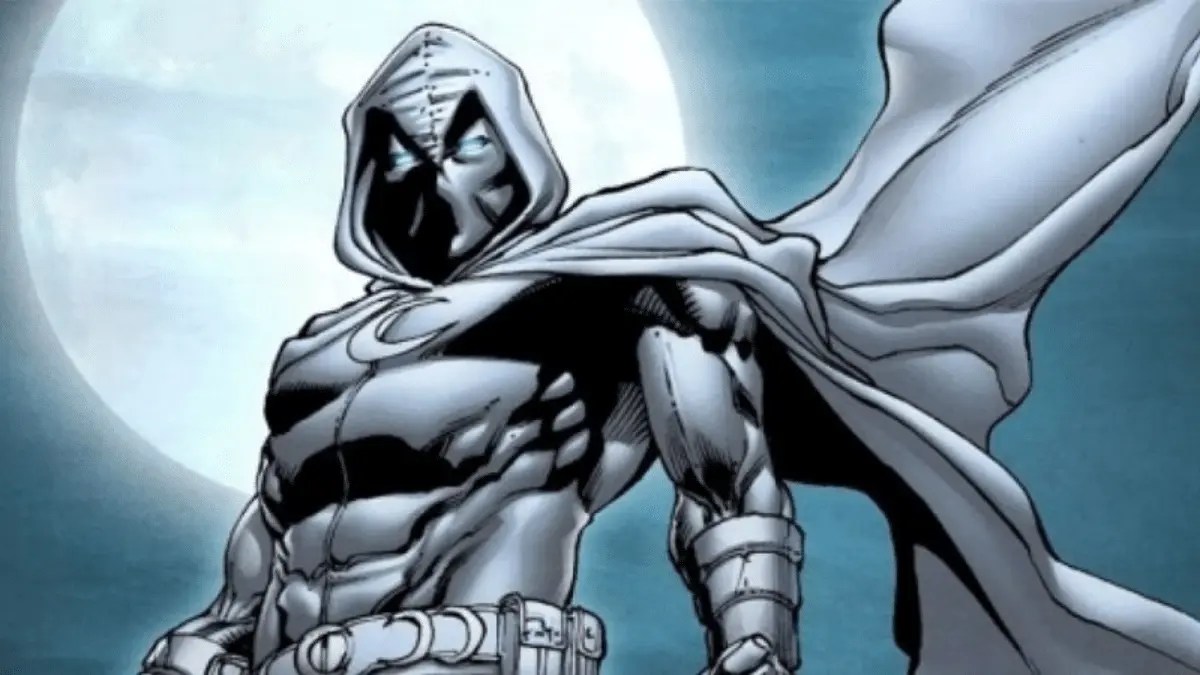Scholastic, a prominent educational publisher, has reversed its decision to segregate titles based on race, gender, and sexuality during school fairs, following significant opposition from educators, writers, and the public.
Controversial Change in Policy

To assist school districts in navigating the increasing book bans and content restrictions in over 30 states, Scholastic had altered its policies for middle school book fair offerings. A distinct collection named “Share Every Story, Celebrate Every Voice” was created, which included Books dealing with race, gender, and sexuality. Schools were then given the option to choose whether or not to include this collection in their offerings.
Opposition from Educators and Authors
This decision faced severe backlash from numerous educators and writers who argued that the company was succumbing to censorship. They urged Scholastic to resist the legislation and continue to offer these important titles.
Distinct Catalogue

“Share Every Story, Celebrate Every Voice” featured 64 diverse titles covering various topics by different authors. This included biographies of Supreme Court Justice Ketanji brown Jackson and civil rights icon John Lewis, a memoir by Ruby Bridges, a picture book by poet Amanda Gorman, a middle-grade novel about a Cherokee boy, and positive titles about disability like “You Are Enough” and “You Are Loved.”
Backlash from Public and Advocacy Groups
The segregation of these titles was met with strong criticism from various quarters. Poet Amanda Gorman likened the list to “separate but equal” treatment. PEN America, a non-profit that supports free expression, disagreed with Scholastic’s new catalog. The racial justice advocacy group Color of Change sent a letter to Scholastic stating that the inclusion of Black and queer Stories in book fairs is not optional and praised Scholastic’s decision to reverse its policy with the hashtag #DefendBlackHistory.
Apology from Scholastic and Policy Reversal

Ellie Berger, President of Scholastic Trade Publishing, apologized publicly to everyone affected by the company’s decision. She admitted that segregating diverse books was a mistake and that Scholastic had lost the trust of its community. Berger announced that the distinct catalog would be discontinued from January. A “pivot plan” is also in the works for the remaining fall fairs. Scholastic has reaffirmed its commitment to stories and authors from BIPOC and LGBTQIA+ communities.
Commitment to Diversity

The company is dedicated to finding alternative ways to make a broader range of books available to children. It aims to stand with the community as it redoubles its efforts to challenge the laws restricting access to diverse books for children. The backlash from educators, writers, and advocacy groups underscores the need for companies to resist censorship and ensure the availability of diverse stories for children. Scholastic has taken this lesson to heart and is now focusing on regaining the trust of its community by committing to resist restrictive laws and support a wide range of authors and stories.
Also Read: Disney Star’s Net Profit Declined by 31 Percent, Reaching ₹1,272 Crore








